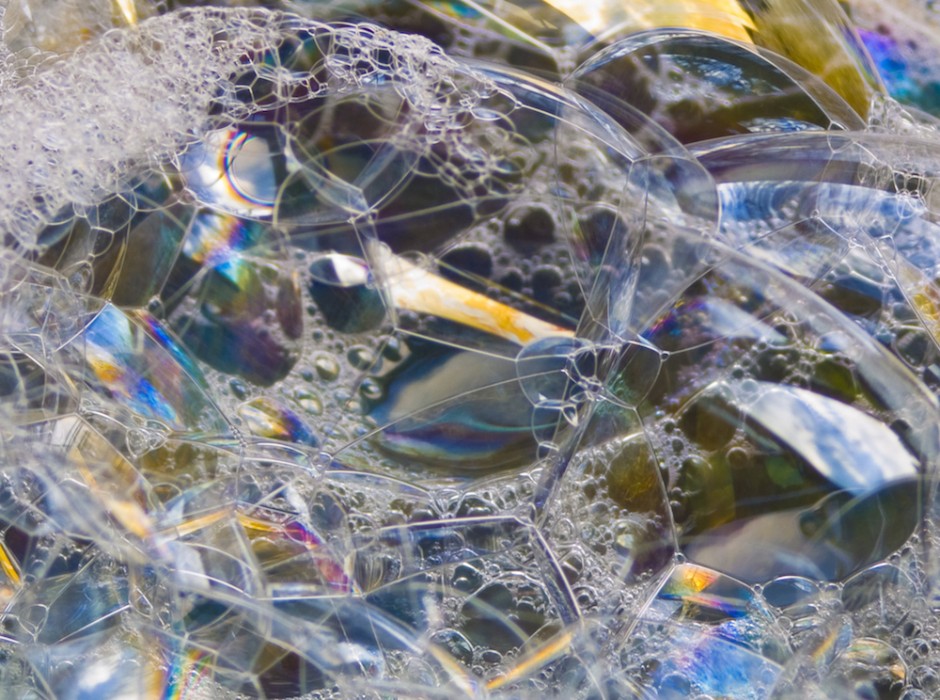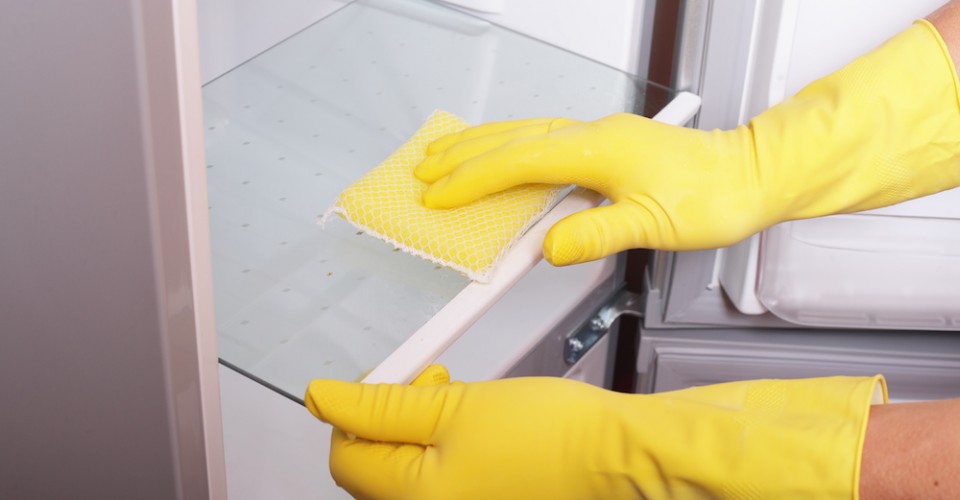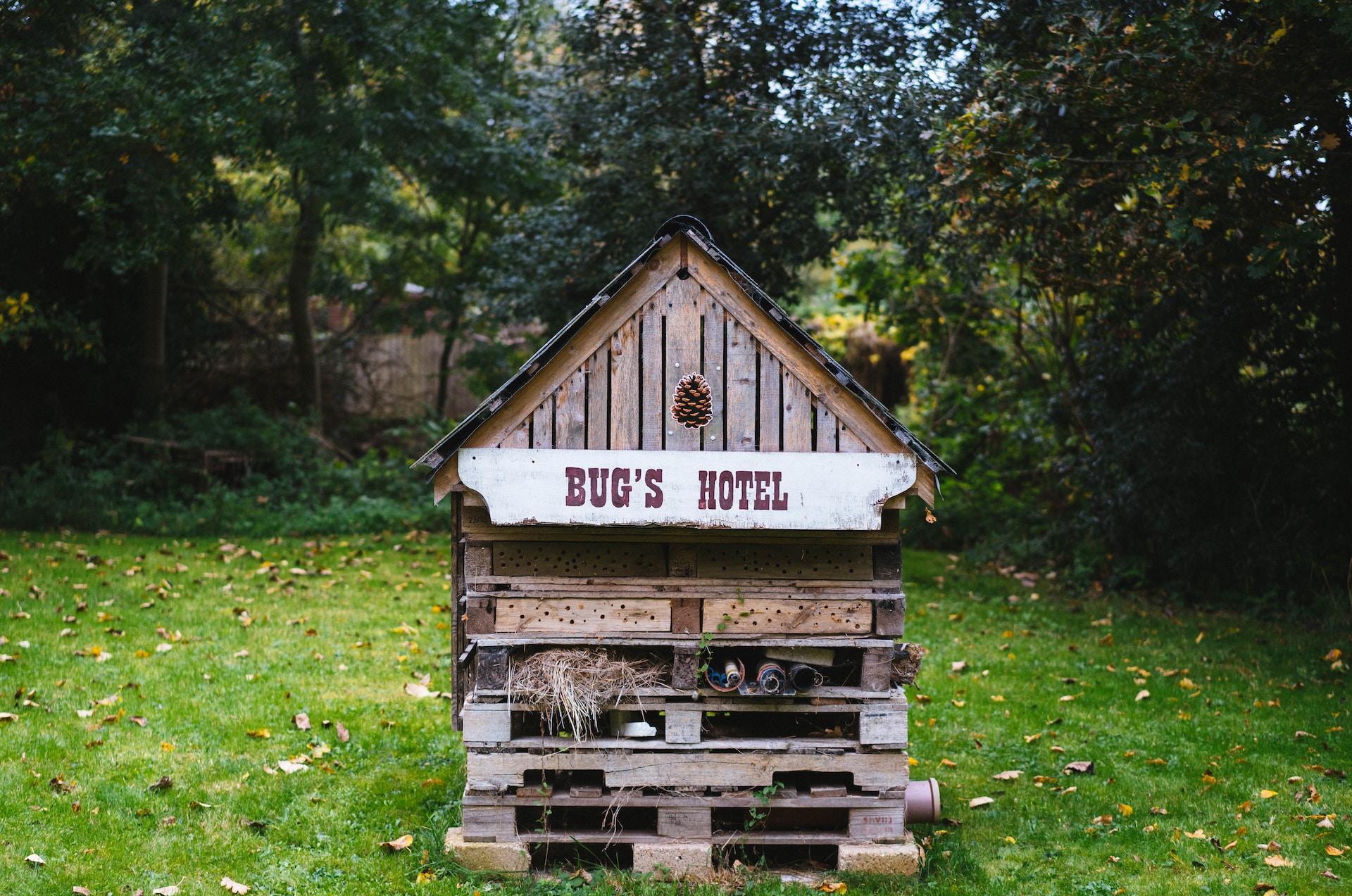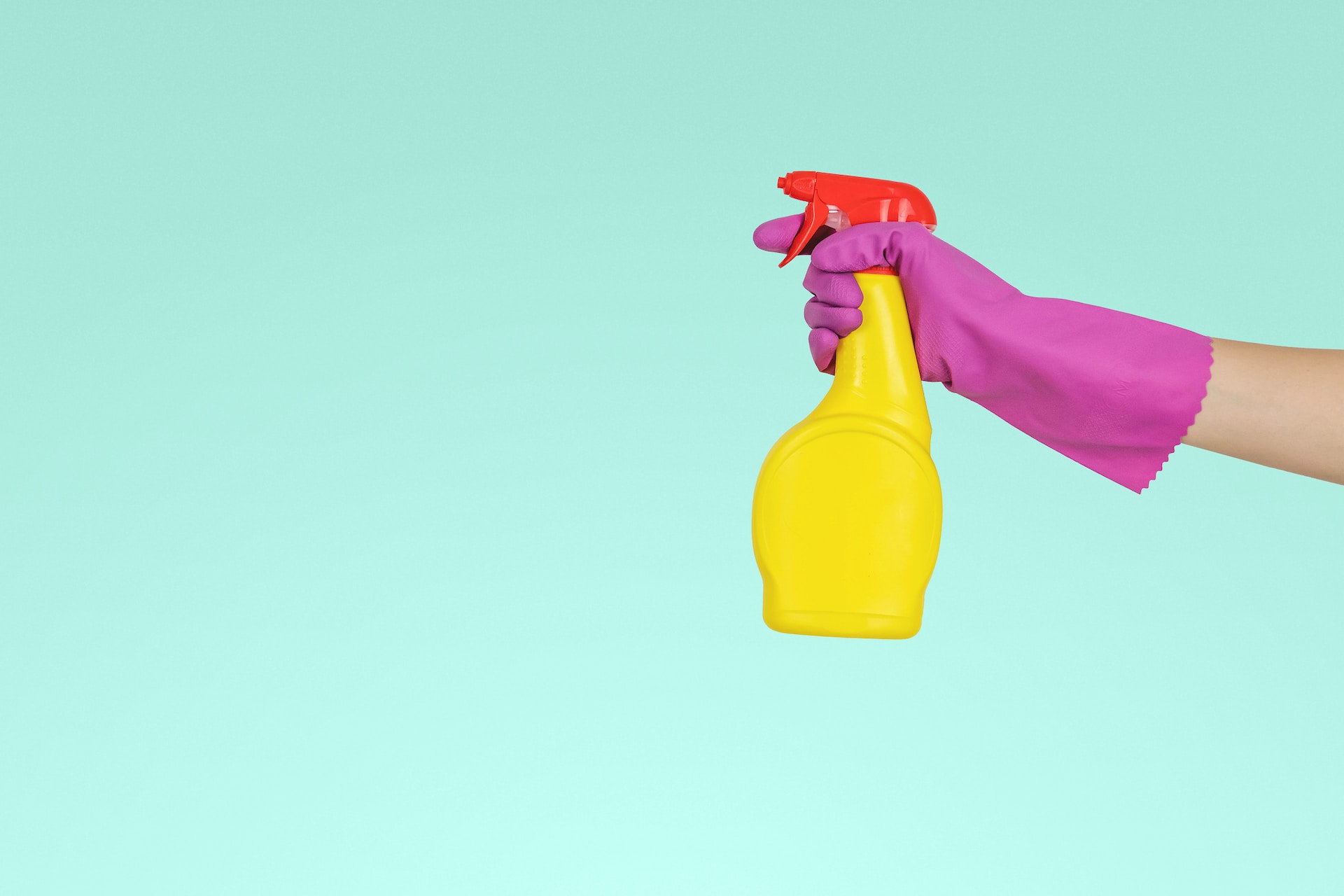Do you always reach for a bottle of store-bought solution to clean your kitchen? Are you suffering from sensitivities after using traditional chemical cleaners? If you’re interested in how to effectively clean your kitchen without using chemicals, there are plenty of plant-based or non-toxic ingredients that have tremendous cleaning powers. So whether you’re aiming to reduce waste, save money or just looking for non-toxic recipes, we’ve compiled a great list of cleaning recipes to keep your kitchen clean and sparkling.
Always test new cleaning products on a small area first to ensure it won’t damage your specific materials or appliances.
Supplies
- Baking soda (alkaline, cleaner, deodorizer, mild abrasive)
- Distilled white vinegar (acidic, disinfectant, stain remover, cuts grease)
- Lemons and a juicer (acidic, deodorizer, brightener, cuts grease)
- Liquid Castile soap (a 100% plant based soap, biodegradable, adds suds, cuts grease)
- Organic essential oils (see reference guide below)
- Olive oil
- Spray bottle
- Clean cloths
- Scrubbing sponge
- Cleaning gloves (skin may be sensitive to baking soda, lemons and vinegar)

Non-toxic kitchen cleaning recipes
Coffee maker
- Castile soap
- Water
- Vinegar (or lemon juice)
Washing your coffee maker with soap and water is a great way to keep the machine working well and having your coffee taste fresh. But about once a month, try brewing water and vinegar to clean out the insides, remove oily residue or hard water spots. Start with a clean pot and pour equal amounts of vinegar and water into the water reservoir and brew as usual. Let the hot vinegar water sit for up to an hour. Empty the pot and brew another pot with just plain water to rinse. Repeat if necessary.
Microwave
- Castile soap
- Water
- Lemon juice (or vinegar)
Smells can easily linger inside a microwave, and spills can be difficult to remove. Start by removing any hardware (like the rotating tray) and hand wash. For caked on grime, fill a microwave-safe bowl with 1 cup of water and the juice of one whole lemon. Microwave on high for 3 – 5 minutes until the water is boiling then let the bowl sit inside with the door closed for another 5 minutes. Carefully remove the bowl and use a cloth to wipe off the interior. The steam helps remove stuck-on gunk and the lemon removes odors. If you don’t have a lemon, substitute it for equal parts water and white vinegar.
Refrigerator
- Castile soap
- Water
- Vinegar
- Essential oils
Cleaning the inside of your fridge is important to your health. Once a week you should toss out spoiled food and wipe up spills; this creates a safer environment for your foods. Remove contents one shelf at a time and hand wash any removable shelves or compartments. Use a food-safe cleaning spray (15 oz. water, 1 oz. vinegar, 20-40 drops of your favorite essential oils) to wipe down all surfaces, including the rubber door seals. Use a vacuum to remove the small crumbs and coffee beans from your freezer. When you put everything back, be sure you label expiration dates and store leftovers in clear containers.
Dishwasher
- Vinegar
- Baking soda
Dishwashers may get your dishes clean, but occasionally smells linger and gunk builds up around the outer parts of the machine. About once a month, clean out the dishwasher’s internal filter system (if it has one), wash it and put it back. Once you’ve washed the filter, run a full cycle using a vinegar rinse. To do this, empty your dishwasher of dishes and pour a cup of vinegar and ¼ cup baking soda into the bottom of the dishwasher (don’t add detergent). The vinegar will help clean and disinfect and the baking soda will help deodorize. To clean around the door seals and other parts of the dishwasher, simply pour vinegar on a dry cloth. Wipe down the rubber seals around the dishwasher and use this same cloth to remove any stuck on food particles elsewhere within the machine. In between cycles, you can reduce odors by sprinkling baking soda inside the machine.
Countertops
- Water
- Castile soap
- Baking soda
Most countertops simply need water to wipe down, remove crumbs or wipe up spills. If you feel you need more cleaning power, try a scrubbing paste mixture: ¾ cup baking soda, ¼ cup Castile soap, 1 tablespoon water. Apply with a cloth or sponge and rinse with plain water. If your countertops are cultured, porous stone like marble or quartz, do not use an acidic cleaner like vinegar or lemon juice.
Sink
- Water
- Castile soap
- Baking soda
Water spots and grime can quickly make stainless steel or chrome look dirty. Regardless of the type of sink you have, you can start your daily cleaning by using warm water, a bit of Castile soap and a sturdy cloth. If you need more scrubbing power, make a gentle paste of ¾ cup baking soda, ¼ cup Castile soap, and 1 tablespoon water. Add 10-20 drops of essential oil for increased cleansing.
Oven
- Castile soap
- Baking soda
- Vinegar
When baking in your oven, be sure you regularly wipe up spills right after they ocur, as this is the best way to keep your oven looking good. But you may find that from time to time your oven needs a really thorough scrubbing. Traditional oven cleaners are caustic, smell bad and ladened with chemicals. You can make a simple abrasive paste with 1 tablespoon Castile soap, 1 ½ cup baking soda, ¼ cup vinegar. Apply the thick paste with a cloth or sponge inside the oven and let it sit for about 20 minutes. Dip an abrasive sponge or cloth in water and start scrubbing. You may have to really put some muscle into it but the grime should lift. Give the inside a final wipe with clean water to rinse.
Stainless steel
- Vinegar
- Olive oil
It’s easy to clean your stainless steel appliances and temporarily protect it from fingerprints. Pour vinegar onto a dry cloth and rub the stainless steel to remove fingerprints, grease or stuck on foods. When this dries, take another dry cloth and pour olive oil on it. Wipe the stainless steel with the olive oil in the direction of the grain – this will remove streaking and protect the stainless steel from future fingerprints. Be sure you use a clean, dry cloth to buff the stainless steel and remove any residual oils.
All-purpose spray cleaner
- Water
- Vinegar
- Essential oils
You can use this spray cleaner for cleaning the inside of your refrigerator, cabinets, garbage cans, or countertops. Because it is acidic, it’s not recommended to use this on porous materials like unfinished wood, marble or stone. Fill a spray bottle with 15 oz. water, 1 oz. vinegar, 20-40 drops of your favorite essential oils like lemon, sweet orange, peppermint or Tea Tree. Shake and spray.
A special note about using essential oils
Although their lovely scent is reason alone to use essential oils, the best reason to use them in your non-toxic cleaning recipes is that they actually have cleaning powers. Always purchase organic oils from a reputable distributor (my personal favorite is Rose Mountain Herbs) and feel free to experiment with different scent combinations. For those who are sensitive to fragrances, keep in mind that some sensitivities are actually due to chemically-derived perfumes, not distilled plants. But make sure you are aware of any plant-related allergies or sensitivities before using. Avoid the eyes and don’t use these oils directly on a surface (or your skin) without first diluting.
Here are some great cleaning oils:
- Tea Tree: antibacterial, antifungal, antimicrobial, antiseptic, antiviral, deodorant, fungicidal, insecticide. Known as a powerful cleaning agent, studies have shown Tea Tree oil can kill bacteria and was used in WWII to treat wounds on soldiers.
- Rosemary: antibacterial, antiseptic, fungicidal. Traditionally used in medicines, rosemary has many health benefits. It is an uplifting scent and used to treat headaches.
- Peppermint: antibacterial, antifungal, antimicrobial, antiseptic, insecticide. Peppermint is stimulating and can increase alertness.
- Sweet Orange: antiseptic, bactericidal, fungicidal. Contains 90% limonene, which is in many household cleaners. It is a naturally uplifting scent.
- Lemon: antibacterial, antifungal, antimicrobial, antiseptic. Lemon is a traditional scent in cleaning and has a powerful mood-lifting ability. It also cuts grease and grime.
- Lavender: antibacterial, antimicrobial, antiseptic, deodorant, insecticide. Traditionally used in skin products, lavender has great cleaning power and works as a calming, stress-reducer.
Do you have a favorite non-toxic cleaning recipe? Share it with us in the comments below!




